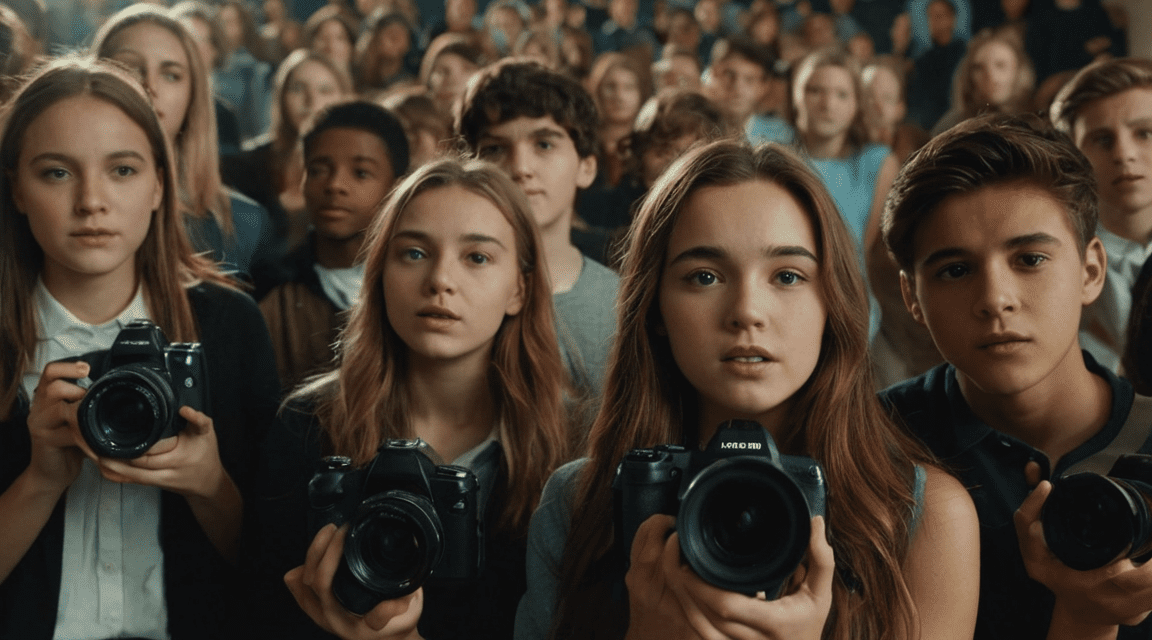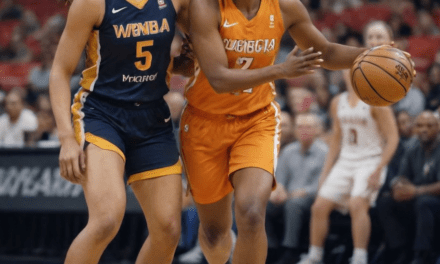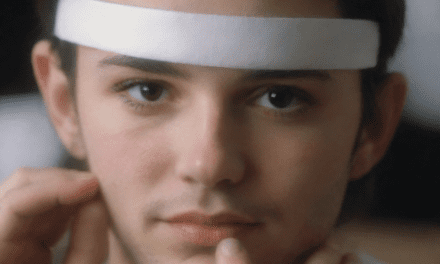SAN FRANCISCO—In a move that has parents and educators alike scratching their heads and students performing the latest viral dance in their pajamas, several San Francisco schools have officially replaced traditional homework assignments with TikTok challenges. The surprising shift comes as part of an experimental program aimed at increasing student engagement and adapting to what educators are calling “the evolving landscape of youth culture.” Early reports indicate that while academic standards remain unchanged, classrooms are now significantly noisier, and there’s a marked increase in hallway collisions caused by students practicing choreography between classes.
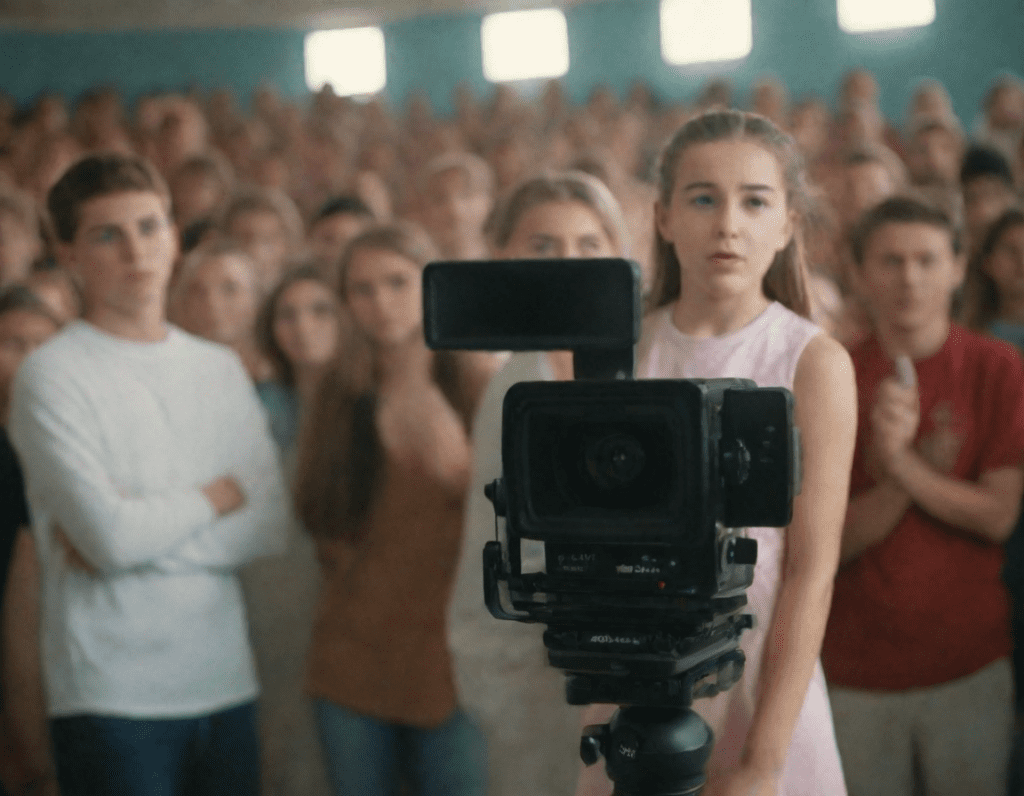
Turning Schoolwork Into a ‘For You Page’ Feature
The initiative, dubbed “EduTok,” was launched in response to declining homework completion rates and student complaints that school assignments were “totally cringe.” The district’s superintendent, Dr. Madison Collins, explained, “We were looking for ways to connect with students on their level. Traditional homework felt outdated, like asking kids to use a fax machine or listen to a voicemail. By embracing TikTok, we’re meeting them where they are—on their phones, during class, when they should be paying attention.”
Now, instead of writing essays or solving algebra problems, students are tasked with completing trending TikTok challenges that range from dance routines to lip-syncing scenes from popular TV shows. According to Mr. Jenkins, a 7th-grade math teacher who has reluctantly learned how to ‘hit the woah’ for educational purposes, the challenges are designed to be loosely related to the curriculum. “Last week, we did the ‘Math Dance-Off,’ where students had to dance each time they got a multiplication problem right. I think they learned something… probably,” he said with a shrug. “At least no one’s asking to go to the bathroom every ten minutes.”
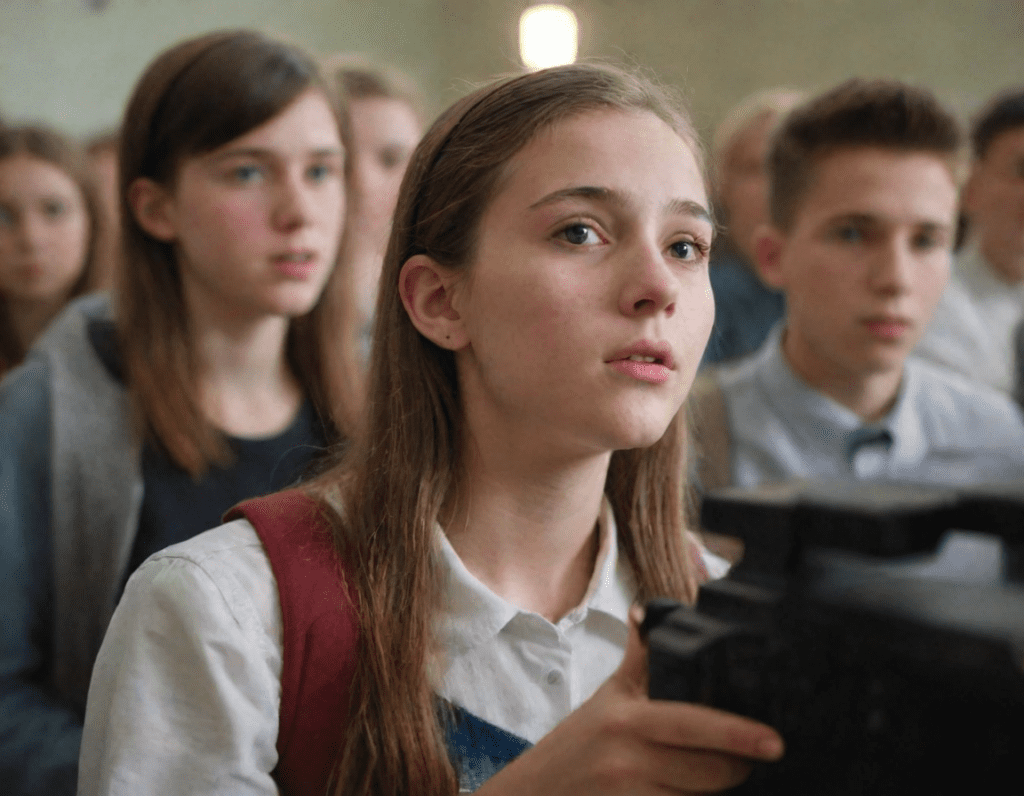
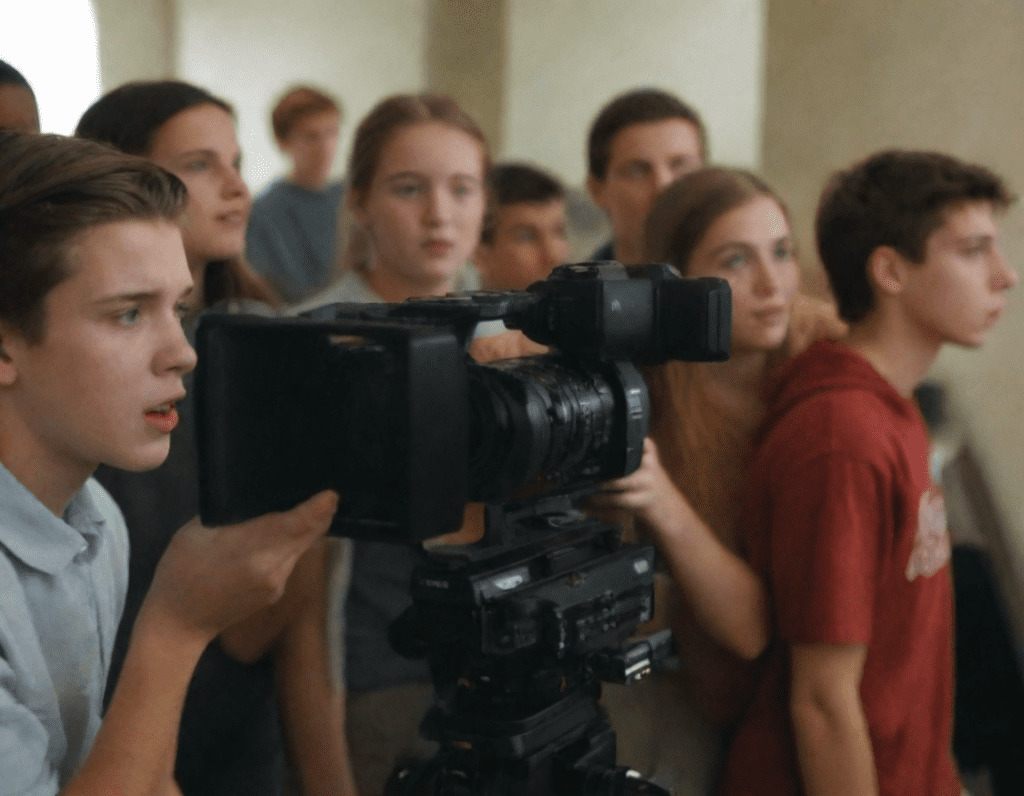
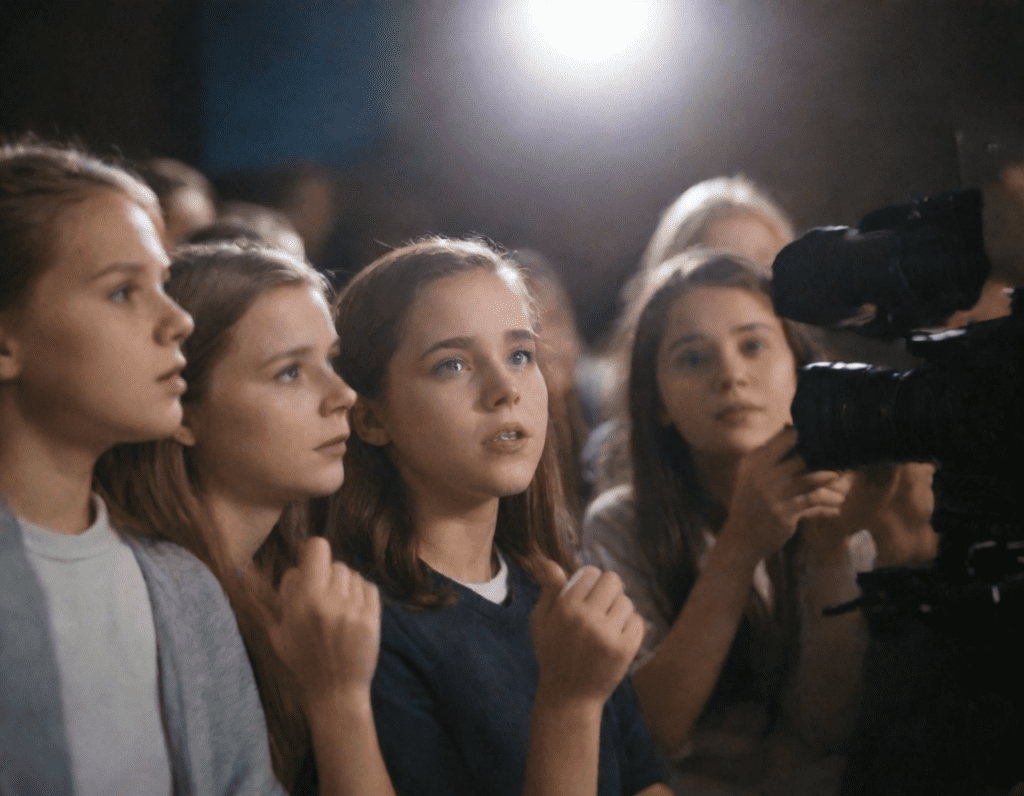
A Revolutionary Approach or Educational Regression?
Critics of the program argue that it’s the latest example of educational regression disguised as innovation. Concerned parent, Sharon White, who still remembers when homework involved actual books, voiced her skepticism at a recent PTA meeting. “When I was in school, we had to memorize the periodic table, not mime to sea shanties,” she lamented. “I’m all for keeping kids engaged, but how is doing the ‘Griddy’ supposed to help them get into college?”
However, school officials maintain that the TikTok challenges are more than just mindless fun. “This is about learning through expression,” explained Ms. Rodriguez, a 5th-grade teacher who recently went viral for her interpretative dance of the Pythagorean theorem. “Sure, they’re not writing essays, but they’re developing digital literacy, creativity, and—most importantly—follower count. We’re preparing them for the real world, where their success may very well depend on their ability to go viral.”
Parents are divided, with some embracing the change as a necessary evolution of education in the digital age. “Honestly, my daughter’s grades haven’t changed at all, and now she’s teaching me how to do transitions in videos,” said one parent. “If this keeps up, I might finally figure out how to use TikTok. And who knows? Maybe we’ll start a family channel and get famous. If they’re not going to college, we might as well be influencers.”
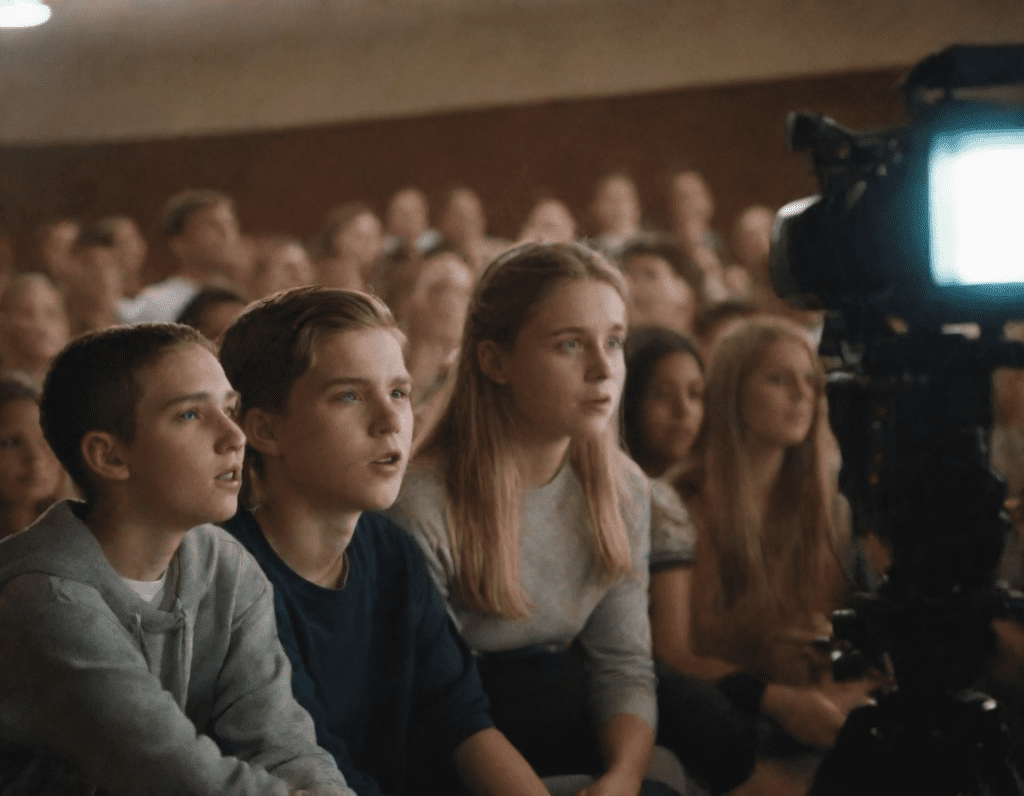
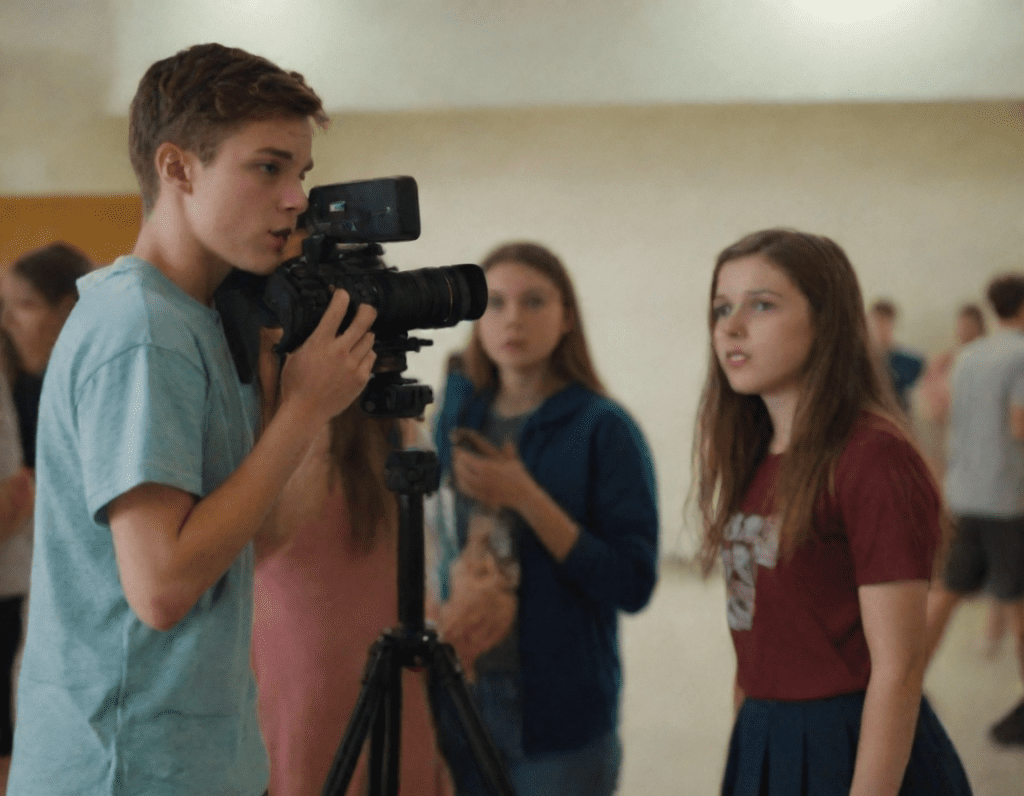
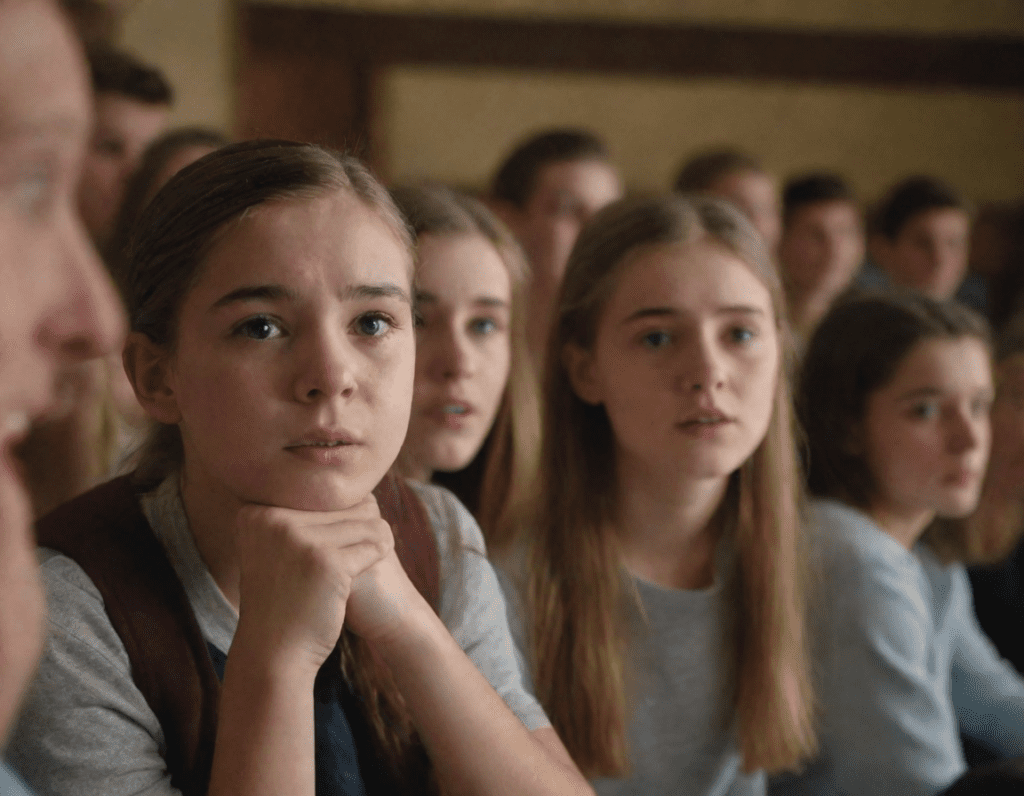
Lessons Learned in a Digital Age
The new homework system isn’t without its challenges. For one, not every student is a natural TikTok star. Some have expressed anxiety over the pressure to perform in front of their peers and the broader internet. “I just want to pass history,” said eighth-grader James, who admitted he bombed a TikTok project where he had to re-enact the signing of the Declaration of Independence using only emojis. “I didn’t sign up for drama class.”
Teachers, too, are struggling to keep up with the frenetic pace of social media trends. Mr. Nguyen, a history teacher who recently found himself explaining the causes of World War II via a TikTok duet, confessed, “Half the time, I don’t even know what the kids are doing on there. They keep saying ‘POV’ this and ‘OOTD’ that—I just wanted to teach them about the Treaty of Versailles. Instead, I’m filming in front of green screens and pretending to be Churchill.”
Meanwhile, the pressure to stay relevant has prompted teachers to adopt increasingly outlandish tactics. Mrs. Kim, a middle school English teacher, has taken to dressing up as various literary characters for her TikTok videos. “I’m running out of Shakespearean costumes,” she sighed. “I’m not sure if they remember Hamlet’s soliloquy, but they definitely know my dance moves to ‘Savage Love.’”
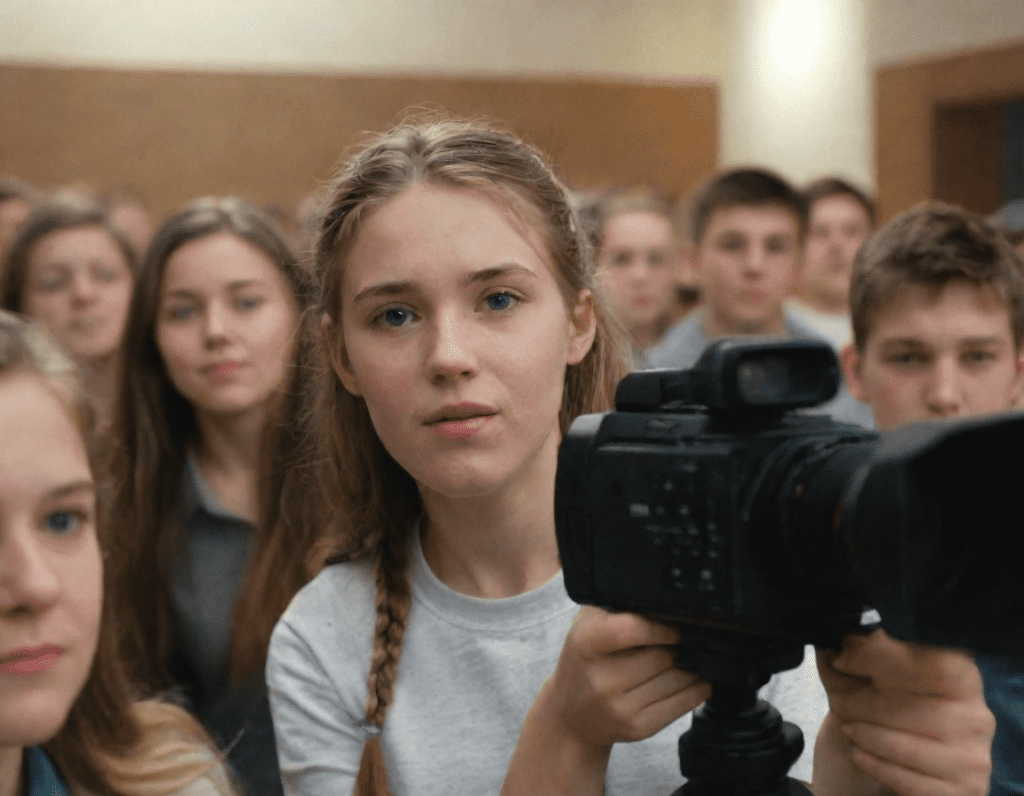
Administration: A Social Media Strategy in Education
Despite the hiccups, the school district remains optimistic. “It’s about creating an environment where students feel seen and heard, and if that means doing the Renegade while reciting the Bill of Rights, so be it,” said Dr. Collins, who herself has recently gone viral for a spirited lip-sync to “Don’t Stop Believin’” during a Zoom assembly. “We’re preparing students for the future, and the future is digital.”
However, some educational purists argue that the future should still involve basic literacy and math skills. In response, Dr. Collins quipped, “Reading, writing, arithmetic—sure, those are important. But have you ever seen a kid’s face light up when they nail a viral challenge? That’s learning you can’t measure with a standardized test.”
And measure they will not. Early data indicates that while grades haven’t notably improved, they also haven’t declined. “We’ve achieved a sort of equilibrium,” Dr. Collins stated in a recent press briefing. “We call it the ‘Status Quo Strategy.’ It’s not about excelling; it’s about maintaining, and quite frankly, we’ve been doing that for years, TikTok or no TikTok.”
Unexpected Benefits: School Spirit and Viral Sensations
Interestingly, the TikTok homework initiative has led to unexpected benefits, particularly in school spirit and community engagement. The once-quiet hallways of Redwood Middle School now buzz with the energy of students filming between classes, debating the best hashtags for visibility, and occasionally even cooperating on group projects that involve more than just one person doing all the work. “We’ve seen a real uptick in collaboration,” noted Principal Harris, whose own video series, “Principal Reacts to Student TikToks,” has garnered over 50,000 views. “It’s incredible what kids will do when they think they might go viral.”
Even the school’s annual talent show has been reimagined as a TikTok talent search, with students submitting their best challenges for the chance to win a $50 Amazon gift card and the much-coveted title of “EduTok Star.” The grand prize, Principal Harris joked, is the chance to explain what they did to their grandparents, who still can’t figure out what all the fuss is about.
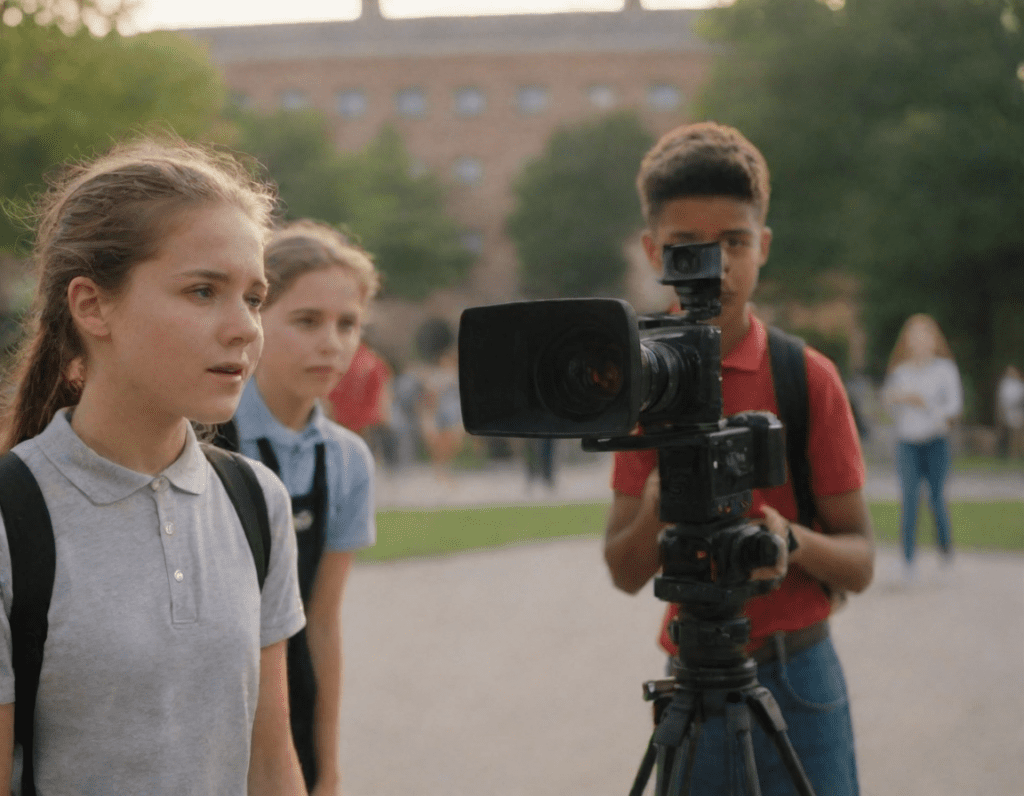
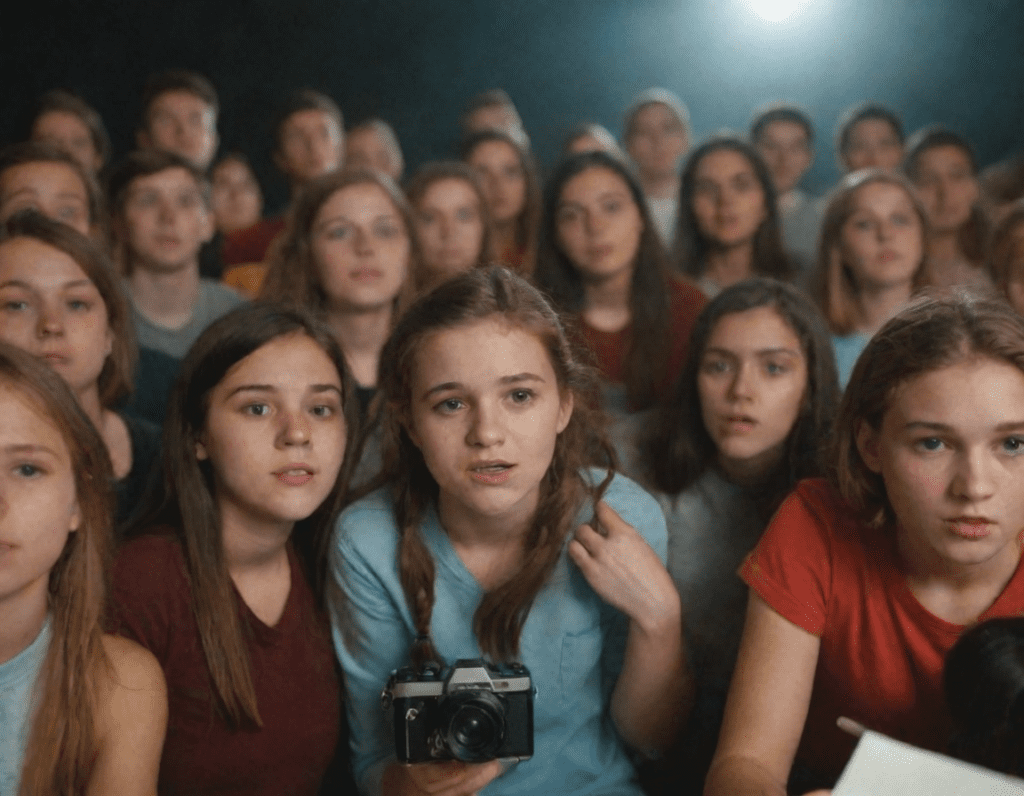
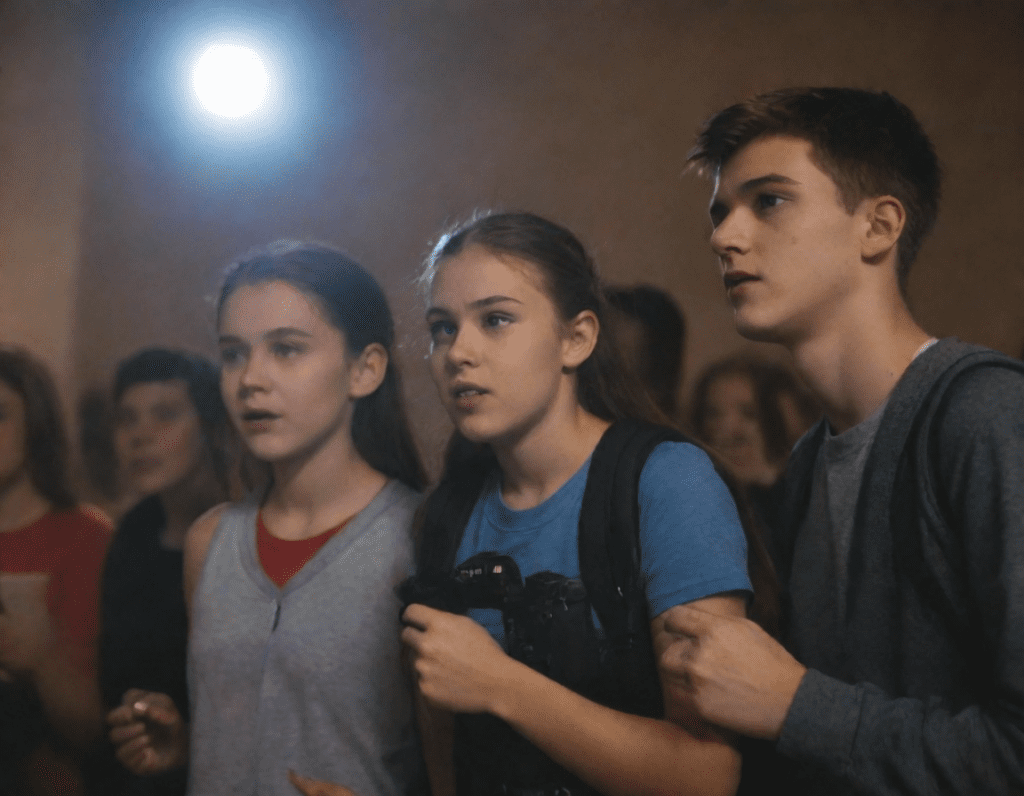
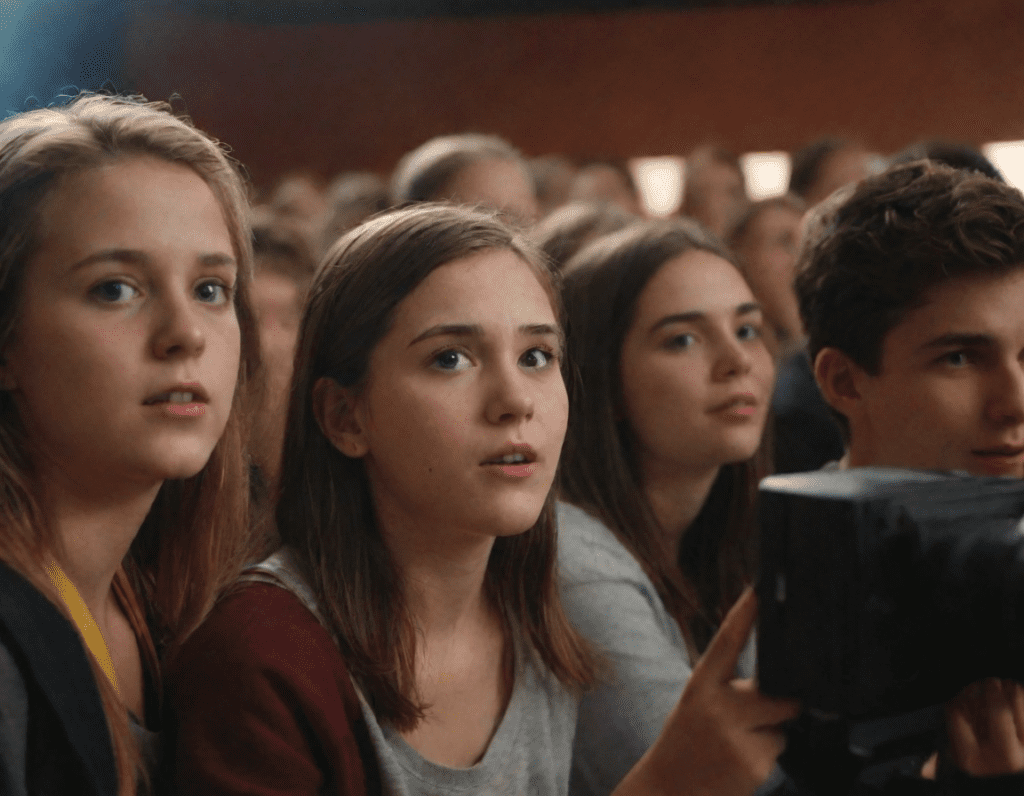
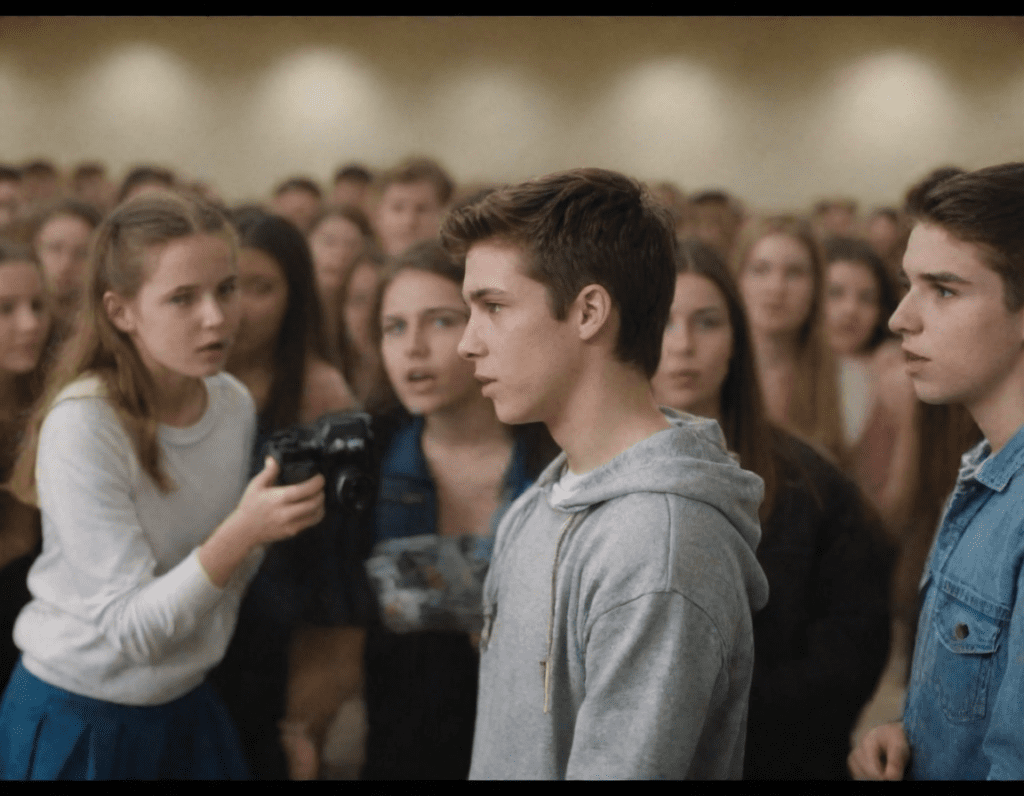
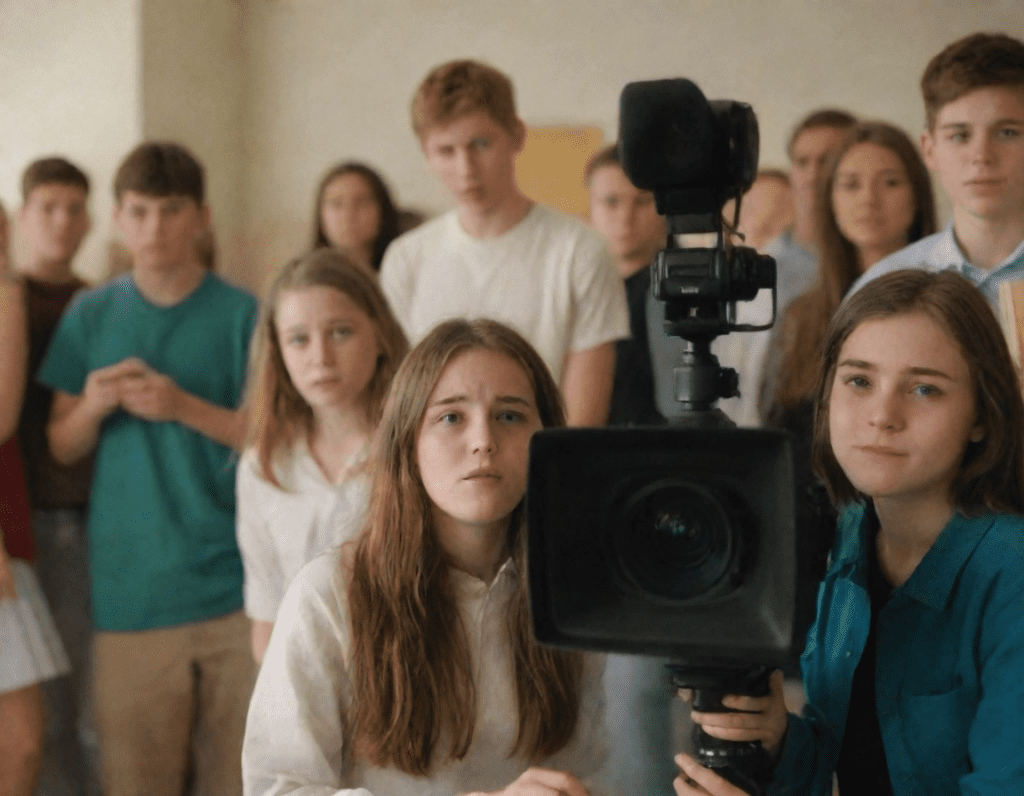
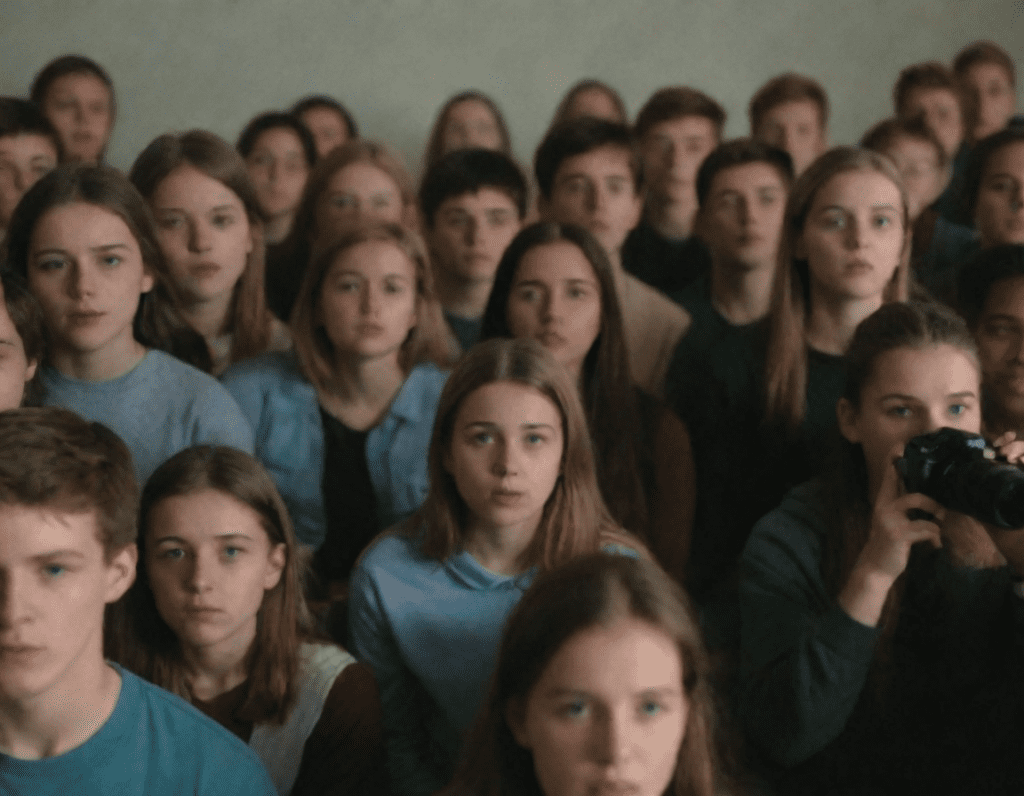
The Future of Homework: Is This the New Normal?
As San Francisco schools lead the way in rethinking homework, districts across the country are watching closely. “If this catches on, we could be looking at a nationwide shift,” said educational consultant Dr. Linda Morgan. “I mean, why stop at TikTok? We could have homework assignments on Instagram Reels, Snapchat, or whatever new app these kids are using tomorrow. Who knows, maybe we’ll even start assigning homework on the Metaverse. Wouldn’t that be something?”
But for now, the focus remains on TikTok, where students like 13-year-old Sophie are thriving in their newfound academic playground. “I never liked homework,” Sophie confessed, mid-recording of a lip-sync to a Hamilton song that was somehow supposed to represent the War of 1812. “But this? This I can get behind. Plus, if I go viral, I might even get some free merch out of it.”
As the first semester of the EduTok initiative wraps up, the San Francisco school district is cautiously optimistic. “Are we changing the face of education? Maybe,” Dr. Collins mused. “Or maybe we’re just giving kids another reason to stare at their phones. Either way, they’re learning something. And isn’t that what school’s all about?”
In the end, whether this is a revolutionary educational shift or just another fleeting trend remains to be seen. But for now, students are happier, TikTok is booming, and San Francisco’s schools are the talk of the town—even if it’s just on the ‘For You’ page. And in a world where attention is the ultimate currency, maybe that’s the most important lesson of all.

